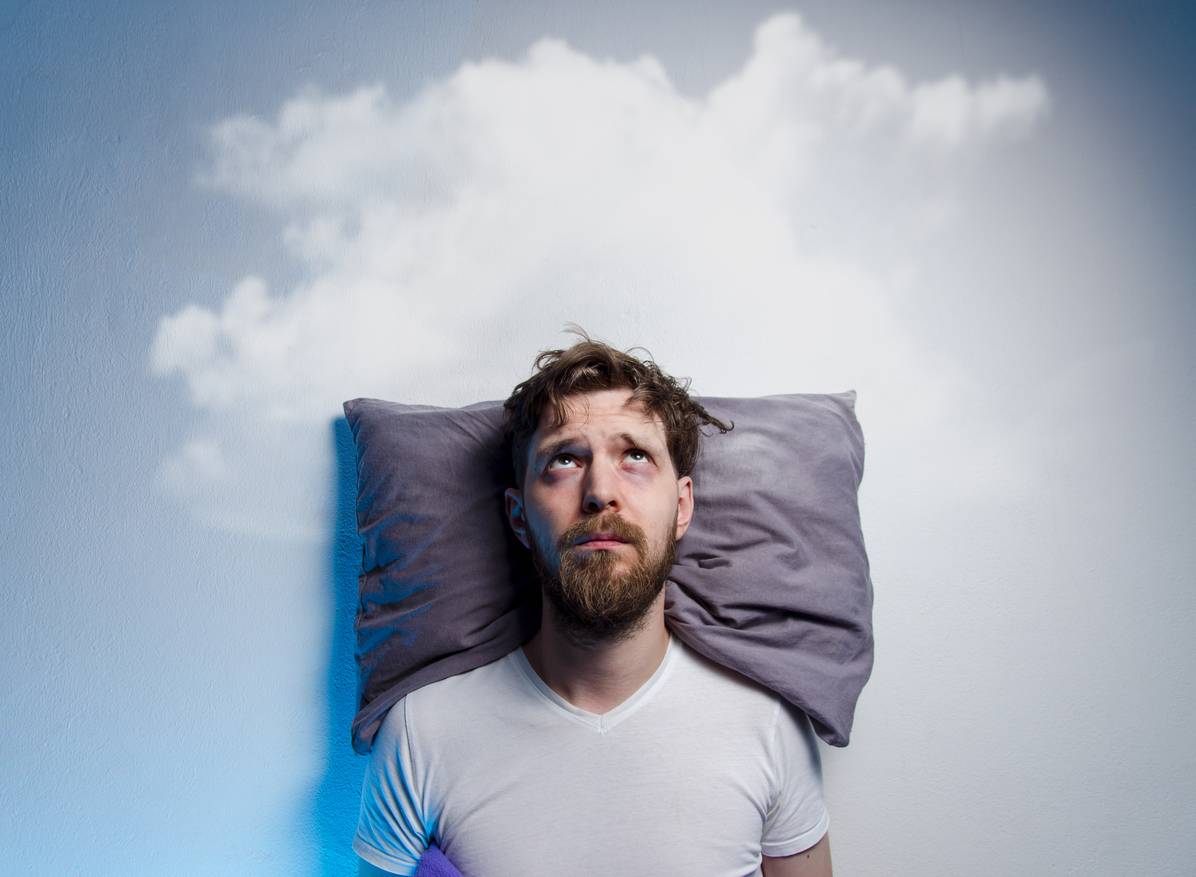Asthma is an inflammatory disease that impacts airways to your lungs and can make breathing difficult. One in thirteen people in the United States has asthma. Roughly 7.7% of adults have asthma, and around 8.4% of children have it. While it is a fairly common diagnosis, it can be quite difficult to manage without medical intervention and treatment from a specialist. While most asthma is exacerbated by physical activity, sometimes asthma can also affect your sleep. Below you will find information on how asthma can impact your sleep and what you can do about it.
Does Asthma Affect Sleep?
Unfortunately, asthma symptoms can get worse at night. This can negatively impact your sleep due to symptoms such as wheezing, chest tightness, and difficulty breathing. For those who experience issues with their asthma at night, it is often referred to as nocturnal asthma. Research found that roughly 60% of those who have asthma also suffer from nocturnal asthma at some point.
The difficulty with nocturnal asthma is that there are complexities that come with lying down. Lying down can often lead to an increase in mucus production and drainage from your sinuses. It can also lower your levels of the hormone epinephrine, which helps relax and widen your airways. There are also higher levels of histamine, which restrict your airways. With asthma restricting your airways already, these issues exacerbate asthma during the night when you are lying down.
Children with Asthma and Sleep
Depending on their age, children require a lot of sleep due to their physical and emotional development. A restful night’s sleep is important for their ability to stay focused in school, maintain their energy levels, and for physical development. Research shows that children in urban areas are most affected by nocturnal asthma, with 41% of children diagnosed with asthma also being impacted at night. Not only does nocturnal sleep in children affect the child, but it also impacts the parents and the rest of the family in the household. This can lead to issues with quality of life due to the lack of sleep. Below are some of the symptoms of nocturnal asthma in children.
- Issues with breathing
- Abnormal movements, hallucinations, or extreme emotions while falling asleep or waking up in the middle of the night
- Sleepwalking
Asthma-Related Sleep Issues and Treatment
If you have asthma and have not been treated, it is vital to get medical attention and have a treatment plan that works for you. If you have asthma, are on a treatment plan, and experience issues with your sleep, contact a medical professional if it occurs more than once per week. A doctor that specializes in asthma can diagnose and modify your treatment plan to address your sleep issues. There are a wide variety of treatment options that can help you get back to a good night’s sleep.
There are also lifestyle habits and factors that can help reduce the impact of your nocturnal asthma (and issues related to asthma in general). Focusing on reducing stress, maintaining a healthy weight, stopping smoking, and removing allergens from your home. Undiagnosed medical issues such as GERD can also impact your sleep if you have asthma. These should all be done in addition to talking with your asthma doctor New York and are not a substitute for medical advice or attention. You should make an appointment with a medical professional first.
Pulmonologist New York
If you or your child are suffering from issues with your sleep due to asthma, contact Dr. Shukla at the Asthma & Sleep Institute. He has over fifteen years of experience in addressing pulmonary and respiratory issues. He is a skilled pulmonologist that can provide your child with comprehensive pulmonary care to ensure they are equipped to get a good night’s sleep despite an asthma diagnosis. Contact your pulmonologist in New York today for an appointment!

